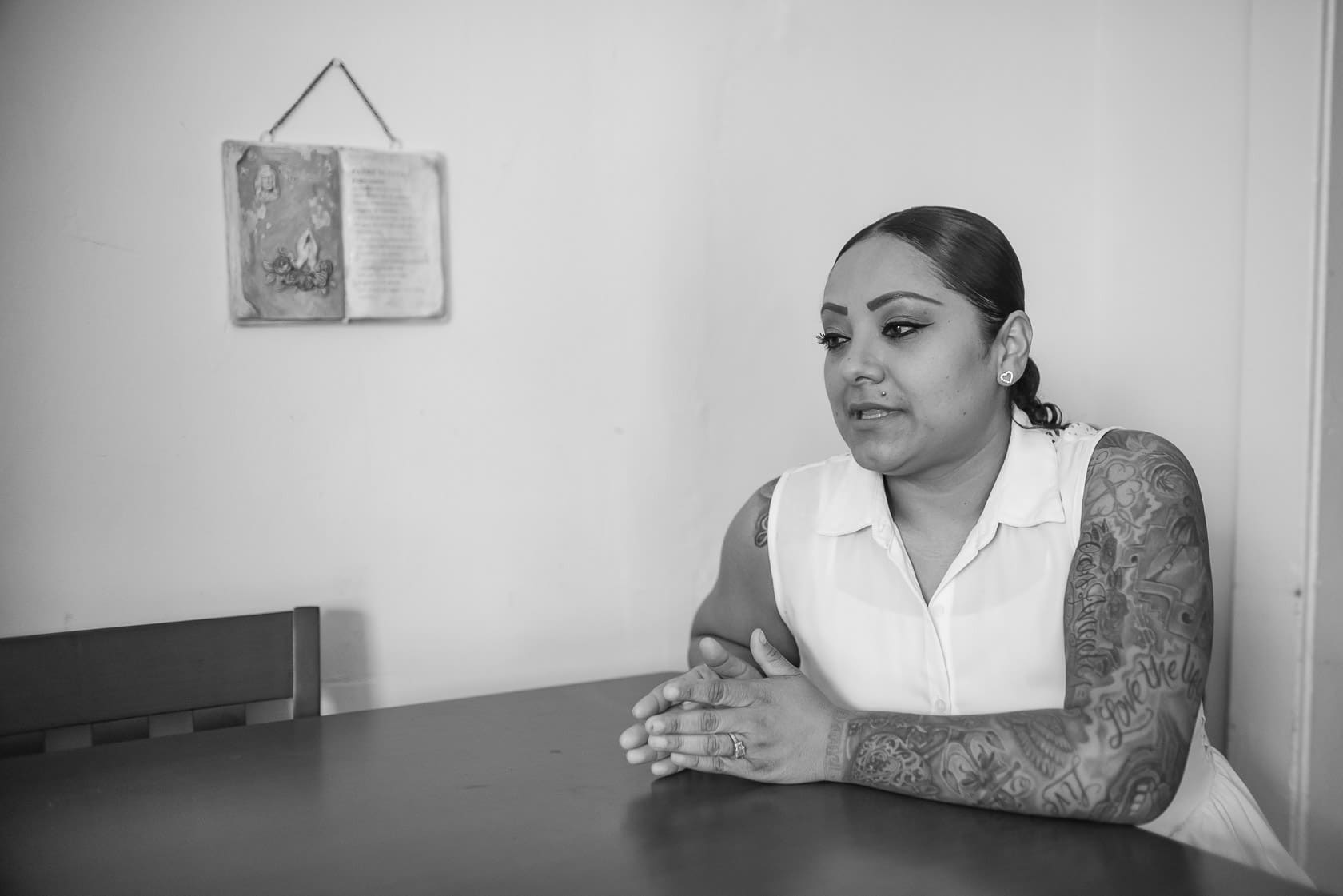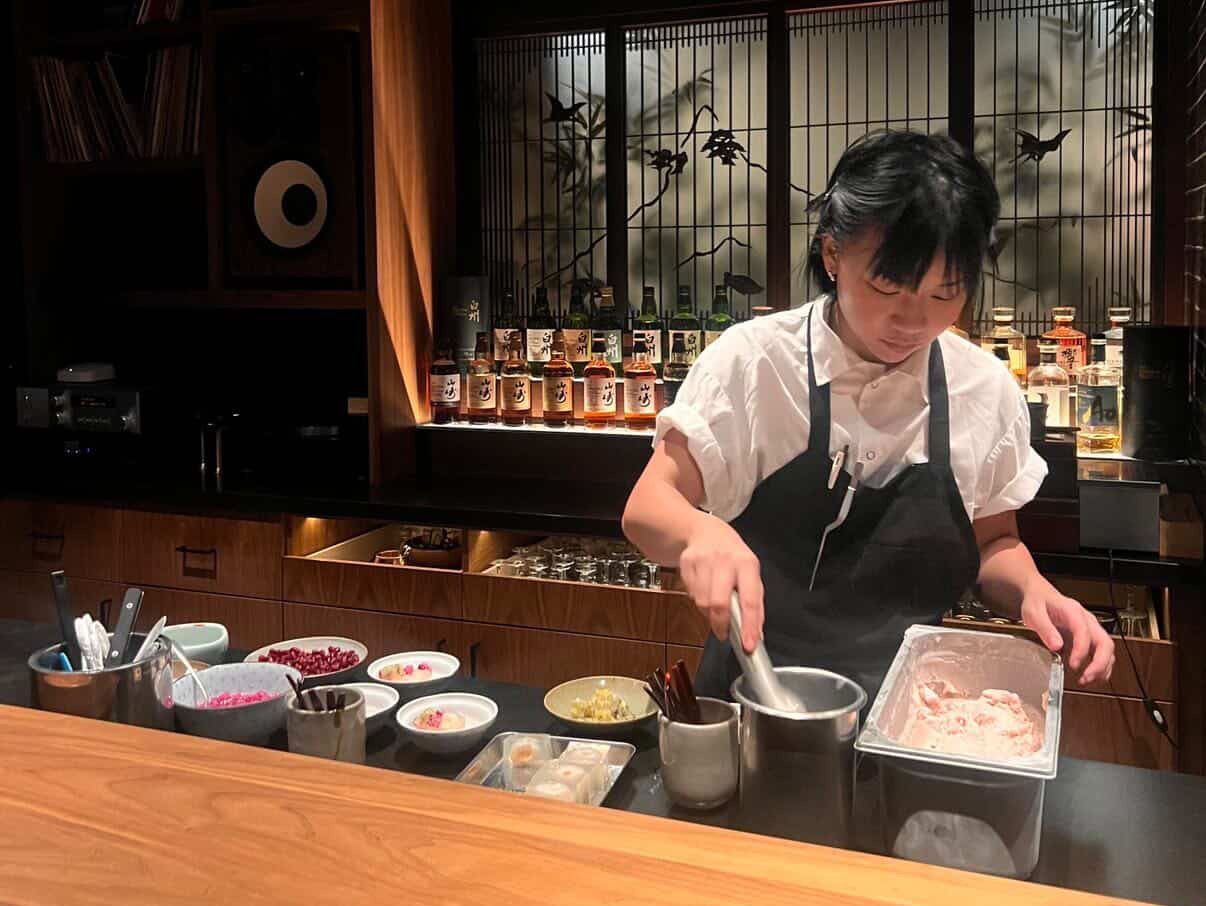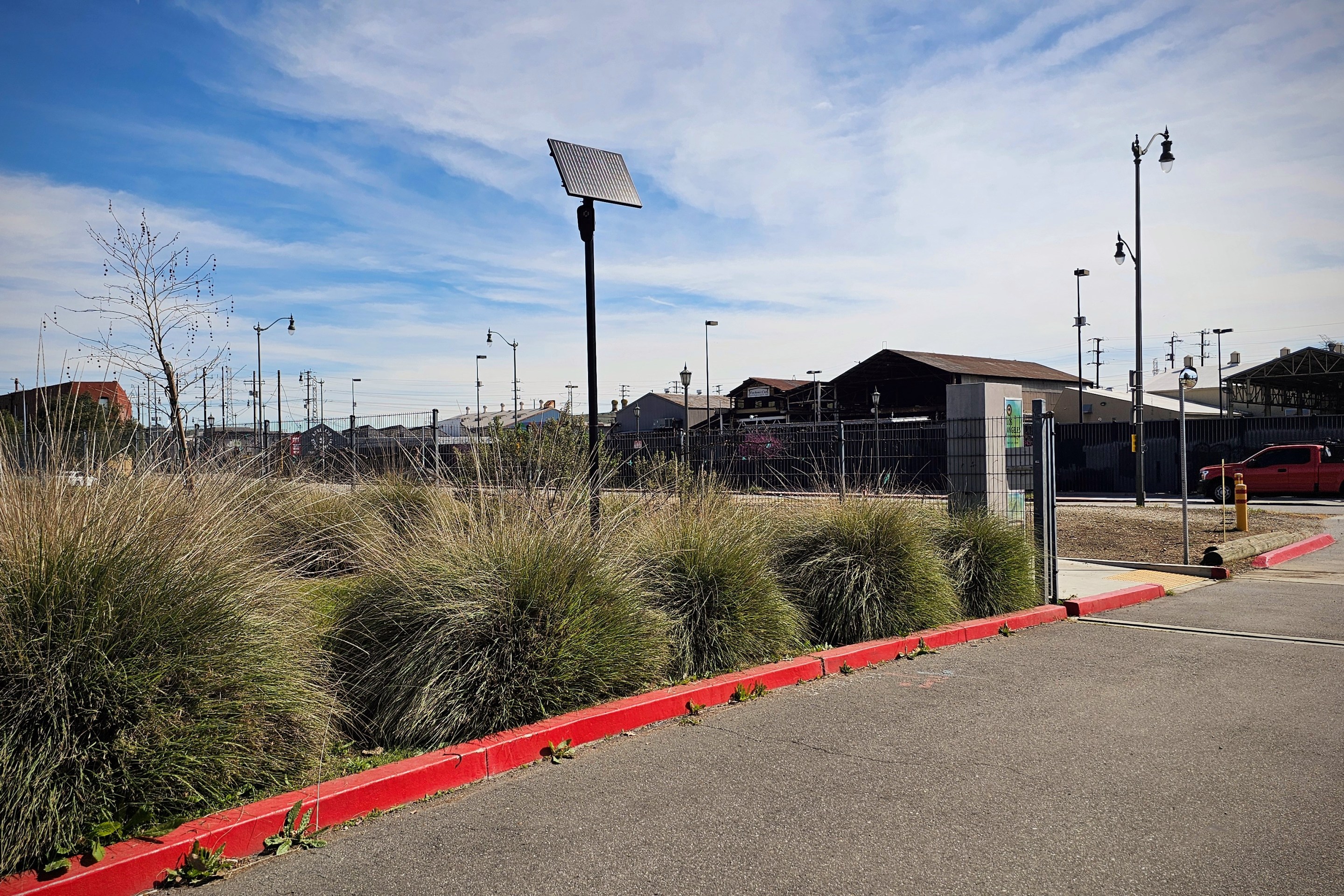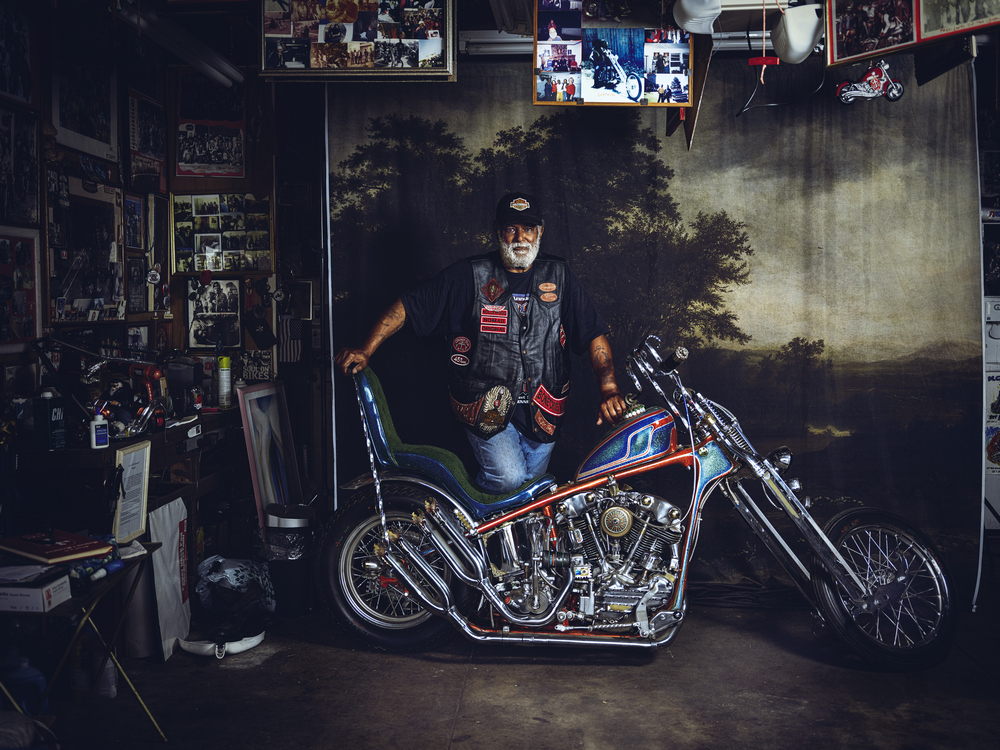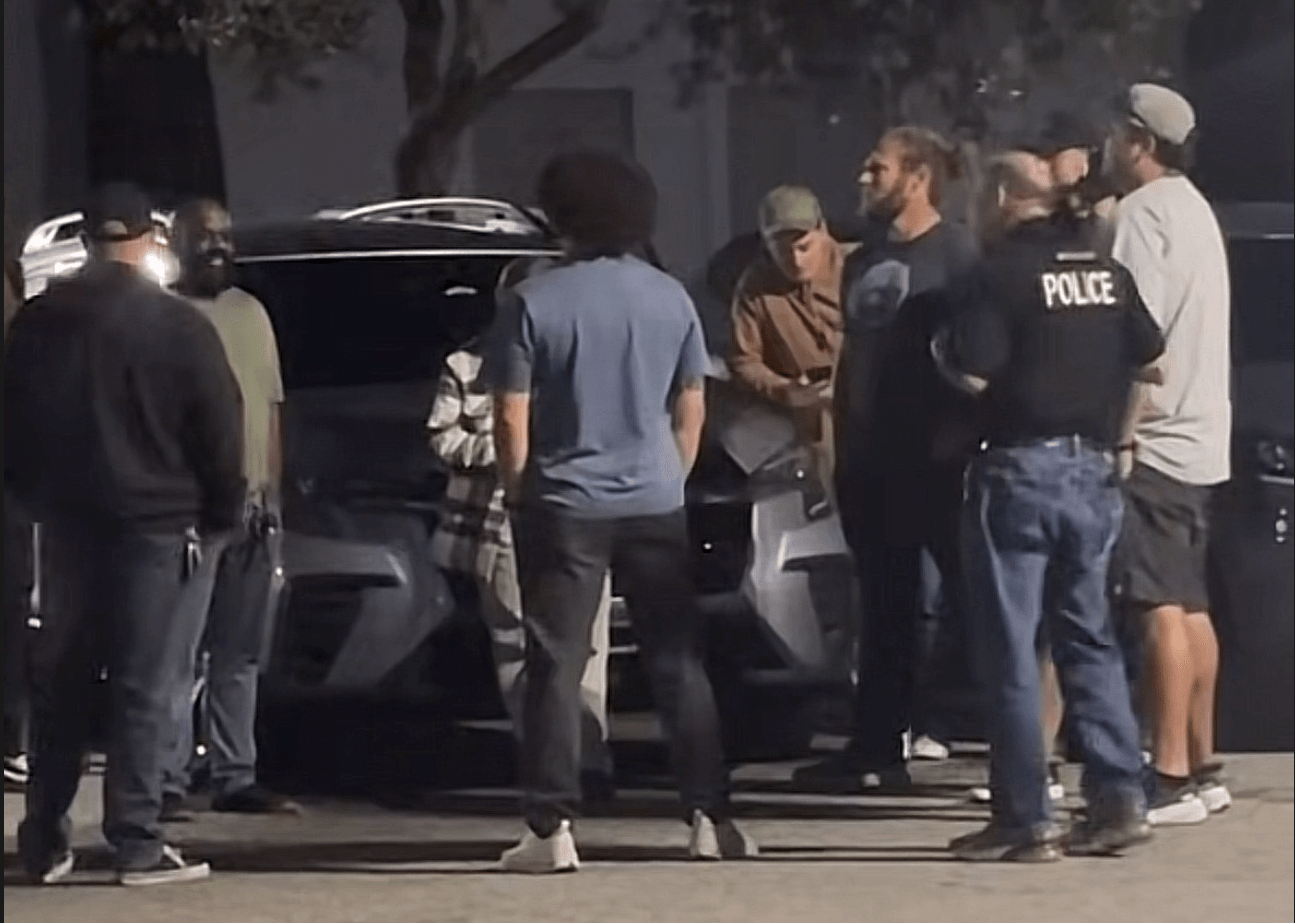[dropcap size=big]F[/dropcap]rom her homeboy’s garage to red carpet events, Berenice Molina is making dreams come true for former gang members through her talent agency, Under-Represented Artists (URA) Casting. True to URA’s slogan, ‘From the Streets to the Set’ young men and women are carefully selected as they transition away from gangs to receive paid scholarships and attend acting classes.
Founded in July 2017, URA Casting has earned itself major roles in hit TV shows such as S.W.A.T., Mayans, Goliath, and 9-1-1. Molina’s goal is to not only put people on camera but to provide opportunities that break the stereotypes that gang members are expected to play on screen. “A lot of people have made the attempt, but I’ve never seen it on camera except for a teacher or detective but people really don’t make a lot of noise over that,” she says. “They like [our] raw look, but they don’t like real people in lead roles. We always get casted as janitors, maids, and housekeepers.”
Latino typecasting in movies is a challenge that comes up in Hollywood time and time again. The latest example was the controversy around The Tax Collector. The film recently received criticism after a trailer was released which appeared to cast Shia LaBeouf playing a lead role in what many considered brownface. The director, David Ayer, later clarified via Twitter that LaBeouf is not the lead actor and, “Shia is playing a whiteboy who grew up in the hood… Also the only white dude in the movie.”
Although the lead actors of the film are Latinos by the name of Bobby Soto and George Lopez, the trailer seemed to outshine a moment for Latinos to marvel in this rare spotlight by focusing most of its attention on LaBeouf. “I actually know a few people in the movie like Jose Conejo Martin so I’m sure he’s a big supporter of the Brown community. He has to be because we’ve worked with him,” Molina notes. “I also believe they don’t know where to look but if the storyline is predominantly of Latino men, then why not cast someone from the community if that’s the story you want to tell? It gives the project authenticity.”
“Out of all my brothers I’m the most tatted and I’ve done the craziest shit, which is sad because [women] always have to prove themselves twice as much.”
Berenice Molina was born and raised into L.A.’s gang culture. Growing up in a broken home with an alcoholic father, Molina became accustomed to the unethical things she witnessed and experienced. “It became what was normal. The homies, the streets, retaliating against people you don’t know because they come from another side of town. You had no choice.”
When Molina was just six years old, her father left to start a new family. Life for Molina and her mother then turned chaotic as her brothers moved in and out of juvenile hall.
To gain her father’s validation, Molina joined the family’s rival gang to prove she could do just as much damage as her brothers. “I always wanted to be equal to the men so I put myself in a status and did a lot of things that men would do, and females wouldn’t,” She notes. “Out of all my brothers I’m the most tatted and I’ve done the craziest shit, which is sad because [women] always have to prove themselves twice as much.”
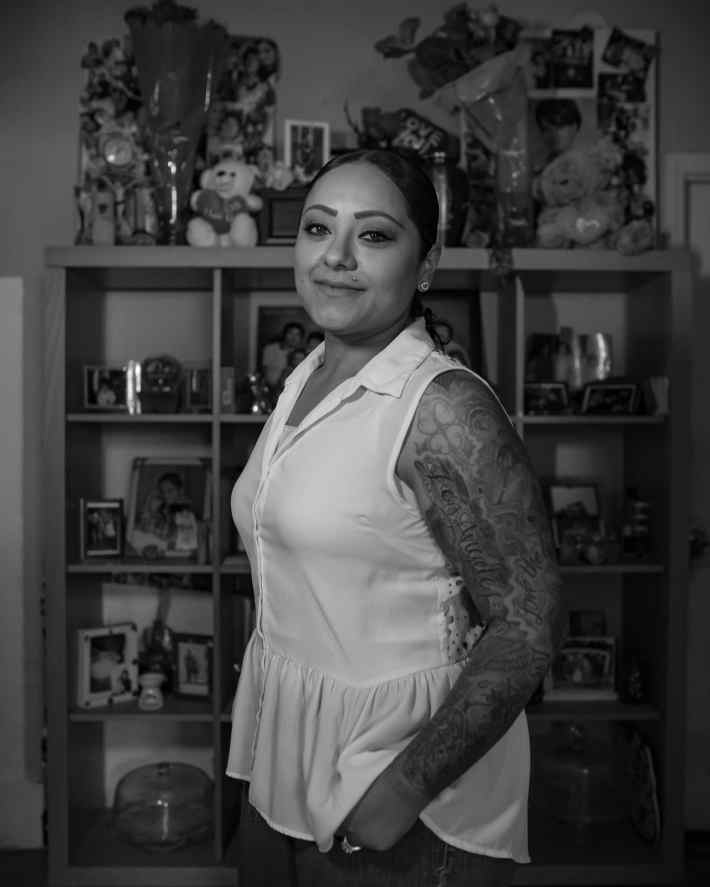
By the time Molina was 21, she was a parent of a five-year-old son and a newborn daughter. Up until this point, she was evolving into another destructive path to earn her next dollar when she was arrested for the third time. This is when Molina realized, “Alright I can’t be doing this anymore, but old habits are hard to break when you don’t have anything else being offered.”
In 2012, Molina enrolled in a substance abuse class to better understand her daughter’s father who was struggling with a heroin addiction. Molina says the class surprised her when she learned more about herself, which eventually inspired her direct involvement with the Mayor’s Office of Gang Reduction and Youth Development (GRYD) Program.
URA Casting members are also required to assist with fundraisers and events that help fund their projects. Molina explains it is important to instill the idea of giving back to the community, especially after everything it has endured.
A few years later, Molina was contacted by a casting agent who was looking for raw talent. She was hesitant at first because the people she recommended through the GRYD Program were not professional actors, but over time Molina recognized that this could provide an opportunity for herself and her community. “They were like ‘Woah we want to do more of this’ so it triggered me to get involved because we were at the surface and I wanted to make a change, but only for those that really wanted it,” she says.
To identify those who are ready for the big screen, Molina developed a three-phase process. “That’s where I see if someone is able to transition because I work with every possible gang in LA County, so you really have to see if it’s the right fit. Some are a little foot in, foot out, and we’ll have to pull them to the side and let them know now is not the time,” she says.
URA Casting members are also required to assist with fundraisers and events that help fund their projects. Molina explains it is important to instill the idea of giving back to the community, especially after everything it has endured. She says, “Every fundraiser I have is to gain but also to give back. Some people wanted to make money but when it came to giving back, they didn’t want to and I’m not here for that shit. The responsibility is now ours to invest so someone else can have an opportunity.”
“I aspire to be like Tyler Perry because he writes his own stories and puts his people on. Now he owns one of the largest studios. So, is it possible? Yes. You just have to make a way for it.”
URA Casting has now grown to 250 members since 2017 and it is expanding into other ventures outside of acting such as screenwriting, directing, set consultations, blogging, producing, singing, and rapping. As of July 2020, Molina runs URA Casting full time and aspires to eventually file the agency as a non-profit organization. Molina says, “I aspire to be like Tyler Perry because he writes his own stories and puts his people on. Now he owns one of the largest studios. So, is it possible? Yes. You just have to make a way for it.”
You can find Berenice Molina at Chuco’s Justice Center every Thursday working with Black and Brown activists, organizers, and gang members to establish a movement centered around unity and community intervention.
For more information, visit URA Casting’s Instagram.
